Should You be Using Cash or Accrual Basis Accounting?
Unless you were an accounting major, even the thought of crunching numbers can be daunting. We are here to help you understand the nuances of cash and accrual accounting and to see which may be best for you and your practice.
Let’s start off by breaking down the difference between cash basis accounting and accrual basis accounting.
Cash accounting recognizes revenue and expenses when money is actually paid in and out.
Accrual accounting recognizes revenue when it’s earned and expenses when they’re billed (but not paid). Accrual records revenues on the books when billed to patients, insurance companies, and other third party payers and expenses are recorded when incurred and there is an obligation to pay.
In summary, the major difference is the timing of when sales and purchases are recorded.
So which method is best?
The industry standard is definitely a cash method of accounting. This is because practices use their financials to compare to their operations to see how their practice is doing. Cash is much more straightforward and not nearly as dependent on forecasting. Cash method will show if operations in is line and/or your overhead is too high for your revenues on a month to month basis.
Accrual accounting is more difficult to perform, but may give a more accurate gauge of the practice within any given period. Accrual accounting will allow you to predict what you will collect in any given month on the visits and units that were actually delivered and compare it to the labor that was actually provided in that month. One of the keys in accrual basis accounting is to maintain an accurate bad debt percentage and accurate payment per visit per payer. These key metrics will help ensure that your books are accurately reflecting the health of your business day to day.
While this introduction highlights the major differences between the two methods, you still may have questions about which is best for you and your practice. Contact LRS today to see how we can help you get you to where you need to be to create your 2020 budget and beyond!

